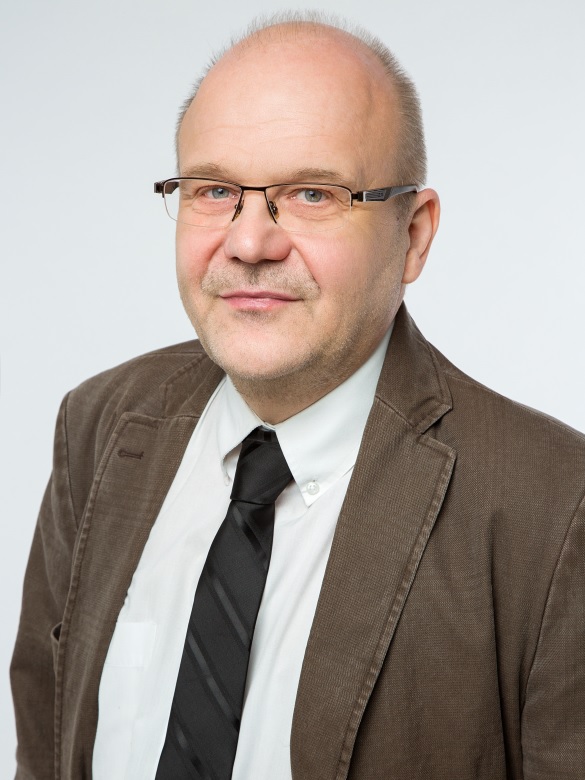Hungarian Regional Science Association (HRSA)
7621 Pécs, Papnövelde u. 22.
H-7601 Pécs, P.O. Box 199.
SWIFT: MKKBHUHB
IBAN: HU37 50800111-11090603-00000000
Tel: +36 (72) 523 800
E-mail: mrtt@mrtt.hu
Facebook: mrtt.hu
We are saddened to announce that Attila Varga, professor of the University of Pécs, vice-president of the Hungarian Regional Science Association, passed away at the age of 66 on 23 October 2023 after a long illness.

Attila Varga was born on 18 June 1958 in Budapest, Hungary, where he completed his primary and secondary education. He began his university studies in 1979 at the JPTE Faculty of Economics, Pécs, where he graduated in 1983 and obtained his doctorate in 1989. He received his PhD degree in 1997 from the Department of Economics, West Virginia University (USA) with a dissertation entitled Regional Economic Effects of University Research: A Spatial Econometric Perspective under the supervision of Luc Anselin. From 1998 to 2001, he worked at the Austrian Academy of Sciences and was a senior research fellow at the Vienna University of Economics and Business Administration. After returning to Hungary, he habilitated and was appointed as a university professor. His dissertation on Agglomeration, Technological Progress and Economic Growth: Examining the Macroeconomic Effects of R&D Spatial Structure was awarded the title of Doctor of Science (DSc) in 2006, and he has been a member of the Hungarian Academy of Sciences since 2019.
His academic career took off in the United States in the 1990s, where his main research field was knowledge flows and spatial diffusion of innovations from universities and research institutes. His highly cited articles have been published in leading journals, and the book version of his doctoral thesis, "University Research and Regional Innovation: A Spatial Econometric Analysis of Scientific Technology Transfers", has been a great success. Since the 2000s, he has been focusing on the spatial determinants of economic growth and started developing his well-known Geographic Macro and Regional (GMR) impact assessment model, which has been used in Hungary, the European Union and Turkey. The implications of his research have been used in economic policy, with suggestions focusing on R&D and human capital development, entrepreneurship and innovation network policies, investment support for smart specialisation and infrastructure development. To date, he is one of the most cited Hungarian economists, with nearly 13,000 Google Scholar citations and an H-index of 38. His work has been recognised with the 2018 Academic Prize of the Hungarian Academy of Sciences and the Order of Merit of Hungary. In 2023, he received the prestigious ERSA Prize in Regional Science.
The Regional Science community owes a lot to Attila Varga. After 2001, he reorganised the representation of Hungarian Regional Science within the European Regional Science Association, and until 2017, he was the representative of the Hungarian section in the European Regional Science Association Council (ERSAC) of ERSA. He also played a key role in the organisation of the 61st ERSA Annual Congress in 2022 in Pécs. Attila Varga has been a board member of the Hungarian Regional Science Association since 2011, and served as vice-president since 2017.
As a university professor, he contributed significantly to the development of his alma mater, the University of Pécs. Between 2006 and 2012, he was the director of the Department of Economics and Regional Sciences at the Faculty of Business and Economics, University of Pécs. In 2012, he took over the leadership of the Doctoral School in Regional Policy and Economics, which he has developed into a prestigious programme with extensive international connections. In 2017, he founded the Regional Innovation and Entrepreneurship Research Centre. Under his leadership, this research centre and the doctoral school became the background of a vivid academic community that contributed significantly to the Faculty of Business and Economics as well as the Hungarian and international regional science community. This community has launched and supported the academic careers of many researchers over the years.
Attila has always been renowned for his commitment to scientific discovery and has never been deterred by hard work. His absence is already felt by friends, students and colleagues. We will cherish his memory as one of the leading researchers in regional science, a great professor, mentor, and friend. Rest in peace.